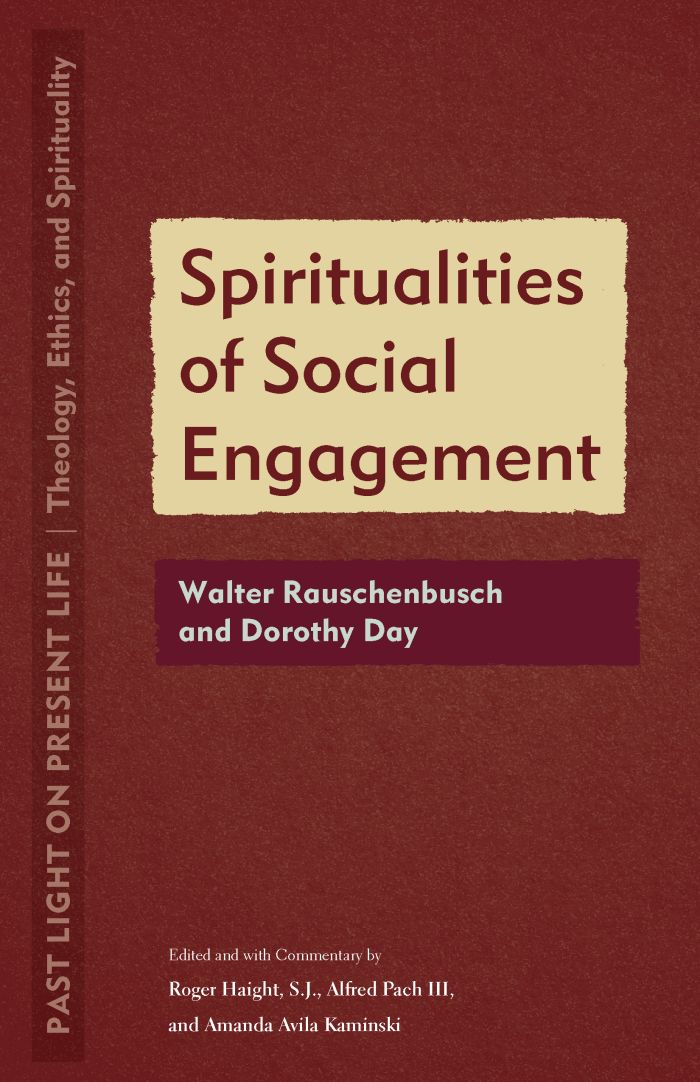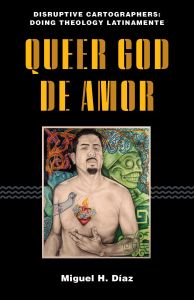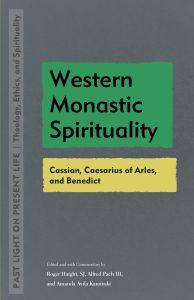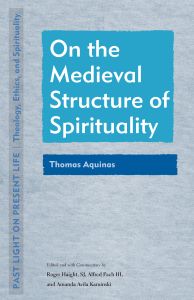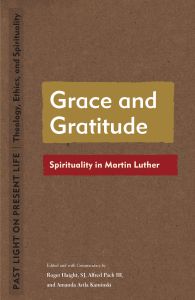Spiritualities of Social Engagement
Walter Rauschenbusch and Dorothy Day

This book can be opened with

Listening to Christian spirituality carefully and liberatingly for the present is neither simple nor necessarily welcome in pluralistic and secular contexts. This series, intended for respectful existential, secular and pluralistic engagement, promotes a deep conversation about how Christian spiritual heritage matters today. Readers are invited into the art of interpretation with—and beyond—these influential texts and authors, into difficult and urgent questions about how we live well together in a world where no one single vision prevails, but where we help each other clarify what matters most, making a world with room for all spiritual paths promising justice. For the everyday quest to live well together in a world we must equally share, Christian tradition offers spiritual wisdom—and this series offers able guides in recovering that wisdom and suggesting how it can be practiced today.—Tom Beaudoin on the Past Light on Present Life: Theology, Ethics, and Spirituality series
Past Light on Present Life is a brilliantly dynamic series. It weaves together theological frameworks, ethical implications and spiritual mindsets in interpreting texts of numerous great personages in the history of Christian Spirituality. Importantly, in doing so it responds to searing questions of our current age. The genius of the series lies in the precise choices of the original texts at the heart of each concise volume, which provide the key for such pertinent interpretation. These volumes provide much needed fresh insight for experts in the field, as they also will prove invaluable for undergraduate teachers, graduate students, religious seekers and spiritual directors.—Julia D.E. Prinz on the Past Light on Present Life: Theology, Ethics, and Spirituality series
I – Introduction to the Authors and Texts | 1
II – The Texts | 21
Walter Rauschenbusch, On Social Sin and Salvation | 23
Selections from A Theology for the Social Gospel
-Chapter X: The Social Gospel and Personal Salvation | 25
-Chapter XI: The Salvation of the Super-Personal Forces | 37
-Chapter XII: The Church as the Social Factor of Salvation | 44
Walter Rauschenbusch, On Prayer | 55
Selections from Prayers of the Social Awakening
-Against War | 57
-Against Alcoholism | 59
-Against the Servants of Mammon | 61
-Against Impurity | 63
-For the Kingdom of God | 65
-For Those Who Come After Us | 67
-On the Harm We Have Done | 69
-For the Prophets and Pioneers | 71
Dorothy Day, On the Founding of the Catholic Worker | 73
Selections from The Long Loneliness: The Autobiography of the Legendary Catholic Social Activist
Paper, People and Work | 75
Labor | 100
III – Socially Engaged Spirituality | 121
Further Reading | 139
About the Series | 141
About the Editors | 147

